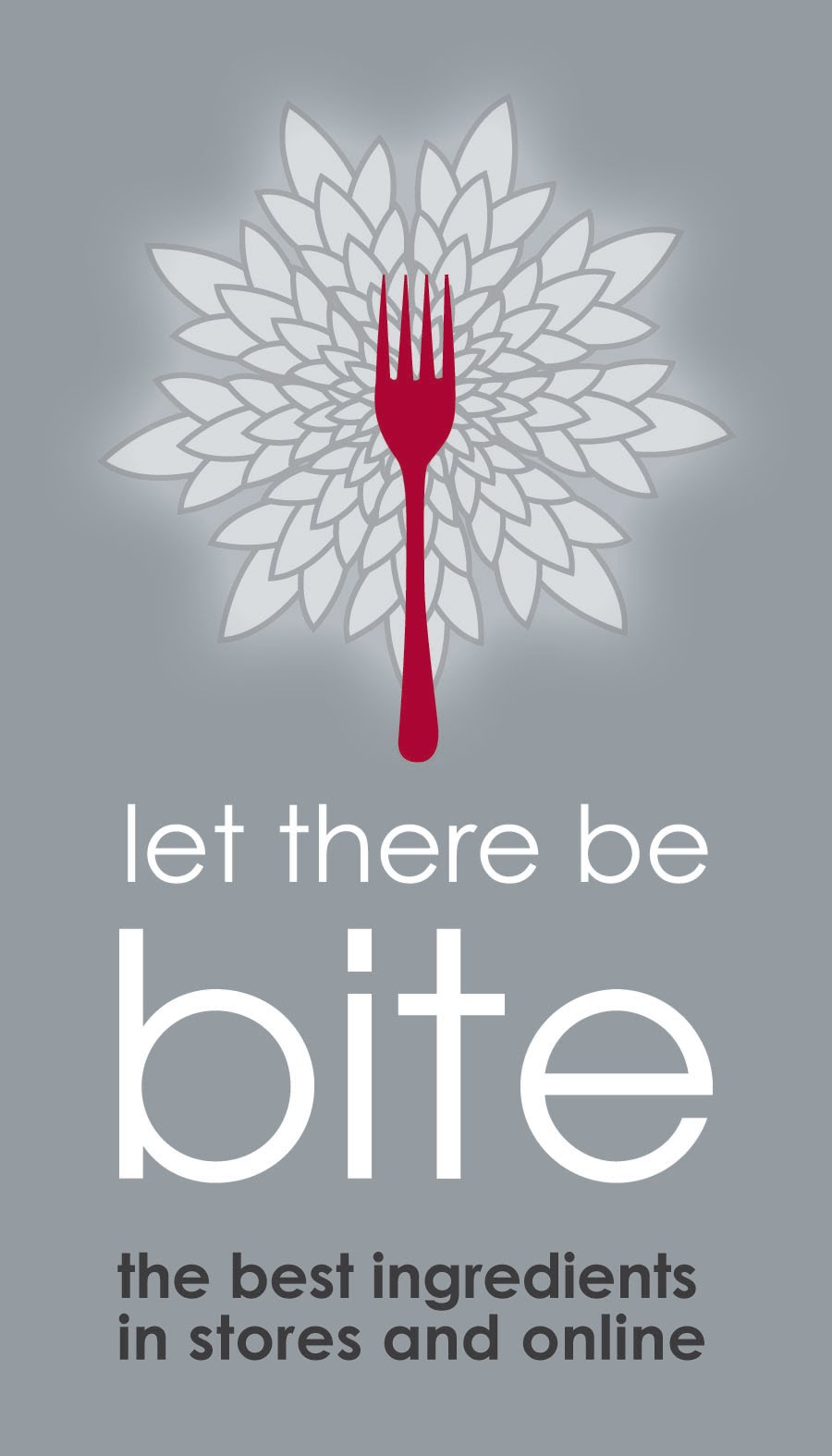The science of nutrition recognizes in extra virgin olive oil the most balanced combination of fatty acids, saturates and mono- and poly-unsaturates, the most suitable of the vegetable oils for nutritional and dietetic ends.Indeed olive oil stimulates intestinal absorption of calcium, assisting growth of the major bones and the mielinization of nerve fibres in children, it stimulates the endocrine and exocrine secretion of the pancreas, it is cholagogic and choleretic, and it is the most digestible of all vegetable oils.It is also the component which characterises the Mediterranean diet.The term “Mediterranean diet” was coined by an American scientist called Ancel Keys.
Keys had already noticed in the 1950s that, in the Mediterranean region, the incidence of cardiovascular disease was more than 60 % lower than Northern Europe and North America.
The traditional Mediterranean diet is rich in vegetables, fresh fruit, cereals, legumes and fish, with a modest consumption of meat.Animal fats constitute 6-8 %. Olive oil is the most widely used condiment with a caloric supply of about 30%.
The benefits of this diet are amply illustrated in the American Journal of Clinical Nutrition (1995,vol.61).
The beneficial properties of olive oil have been amply demonstrated as witness the studies led by Professor Viola, president of the medico-nutritional of the Italian Academy of Olive Oil, and by professor Marzilli, lecturer in Internal Cardiovascular Medicine and Geriatrics at the University of Siena.
Moreover, important international medical journals, such as “Circulation”, have published the results of studies and research showing further evidence of the positive role of olive oil in the daily diet.
The lipidic requirement is represented by 25-30% of the total calories ingested and is composed thus:
• Saturated fatty acids 6-8 %
• Monounsaturated fatty acids 12-14 %
• Omega 6 Polyunsaturates 6-7 %
• Omega 3 Polyunsaturates 0.5-1 %
The relationship between Omega 6 and Omega 3 is very important and in extra virgin olive oil we have a perfect balance.
It is very important for our organism to have a balance between peroxidable agents and anti-oxidants, which means that we can’t just ingest antioxidants randomly, but must take in those which are necessary.
Extra virgin olive oil has a balancing function in as much as it gives up the necessary anti-oxidants.
The antioxidants contained in the oil are represented by tocopherols, phenolic compounds, carotenoids and squalene, which all carry out an important biological action because: they intervene as direct antioxidants boosting retinol and betacarotene, they protect alpha-tocopherol, they join metallic ions catalysing the formation of free radicals, they lower the level of cholesterol, slow the growth of tumours, boost immunogenesis, carry out an anti-inflamatory role, inhibit certain carcinogenic chemicals, piastrinic aggregation and the oxidisation of LDL (low density lipoprotein).
So they have important functions in the prevention of cardiovascular disease, in the anti-neoplastic process and in the retardation of cell ageing.
The polyphenols have a preventative action on tumours of the breast, betasitosterol on the neoplasia of the stomach, colon and prostate, squalene on the skin colon and breast.
Extra virgin olive oil carries out its most important actions on cardiovascular pathologies and, as we have already seen, a diet in which olive oil is generously used results in a reduction of more than 60% in deaths by heart attack.
The majority of vascular pathogenesis is attributed to vassal occlusion, determined by oxidized LDL, which is deposited on artery walls.
Oleic acid reduces the total LDL and, furthermore, reduces the adhesion of monocytes to the vascular wall, it impedes the formation of ateromatous plaque and increases the HDL.
The anti-oxidising agents Hydroxytyrosol and oleoeuropeina inhibit the peroxidisation of the LDL and act against piastrinic aggregation.
Extra virgin olive oil, therefore, in terms of:
• Balanced composition of fatty acids
• Presence of alpha-tocopherol
• Richness of phenolic compounds
• Presence of squalene
can be considered a medicinal food and in order to derive the benefits it is necessary to consume it with regularity, preferably un-cooked, in the quantity of 20-30g per day.
















2 comments:
First and foremost, sprinkle baking soda on the extra virgin olive oil stain. Leave the cloth in that situation for the next five minutes. Thereafter, remove the baking soda with the help of a brush. Extra Virgin Olive oil
Extra Virgin Olive Oil
Extra Virgin Olive Oil
Extra Virgin Olive Oil
Extra Virgin Olive Oil
Extra Virgin Olive Oil
Extra Virgin Olive Oil
Post a Comment